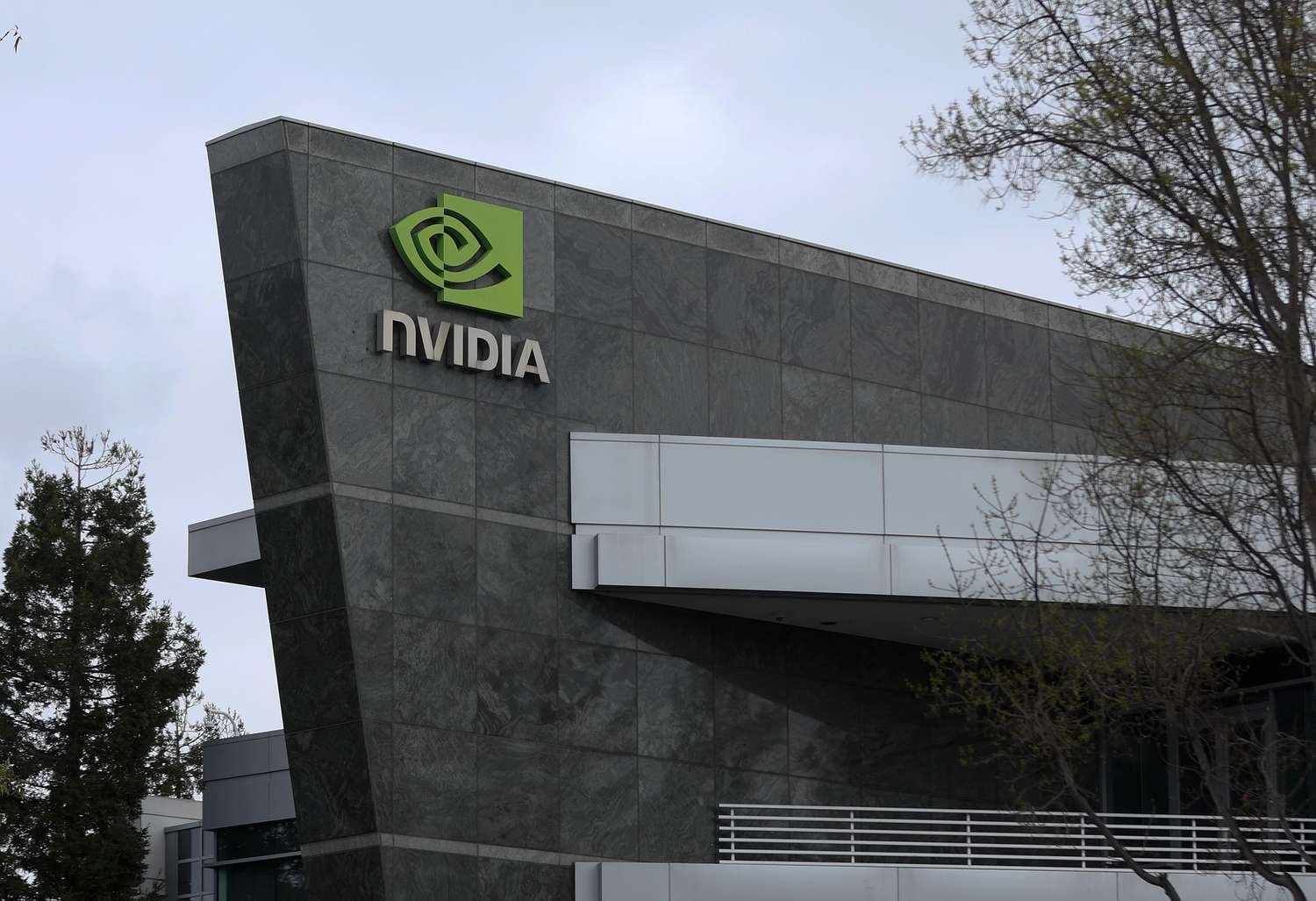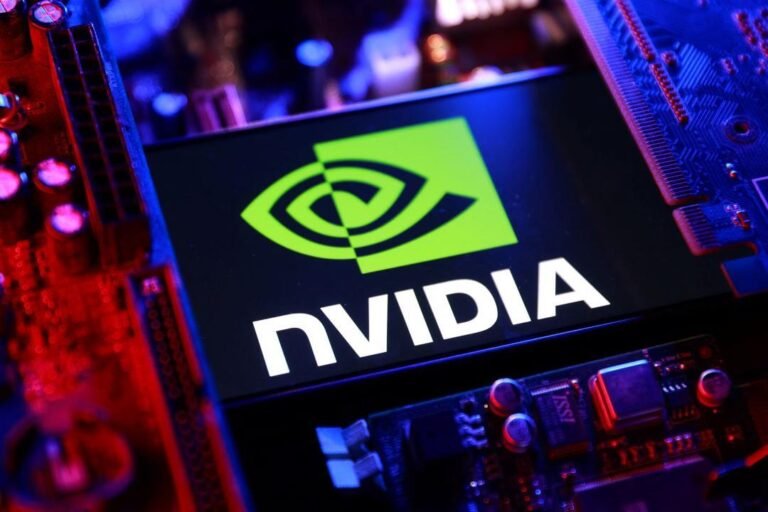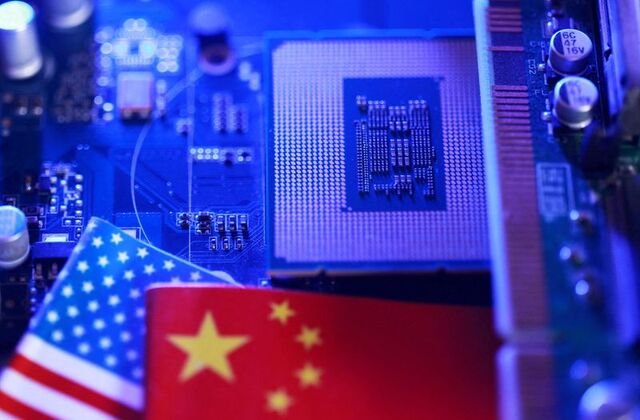
PsiQuantum’s photonic chip drives progress in quantum AI integration.
Introduction The Confluence of Quantum AI Integration
The two most revolutionary innovations in today’s technological world are quantum computing and artificial intelligence (AI). Also, on September 10, 2025, a big news came out that quantum computing startup PsiQuantum has completed $1 billion in funding. Also, which has made its valuation $7 billion, and it has announced a significant partnership with NVIDIA. This is not only a major achievement in the technological field. But it is also a sign of the growing integration between AI and quantum computing. In this article, we will discuss in detail about PsiQuantum’s journey, collaboration with NVIDIA, and AI’s ability to analyze the human mind.
Historical Background and Mission
PsiQuantum was founded in 2016 in Palo Alto California. But the main goal of the company is to create the world’s first commercially useful, fault-tolerant quantum computer. And “fault-tolerance” is an important concept in the world of quantum computing, meaning that quantum systems are able to correct errors, making them more reliable and scalable. PsiQuantum believes that about one million physical qubits will be required to achieve this goal and also the Series E funding round which on September 10, 2025, PsiQuantum announced its Series E funding round in which it raised $1 billion. This round was led by leading investment firms like BlackRock Temasek and Baillie Gifford
Use of Photonic Approach
The biggest feature of PsiQuantum is its photonic approach. Where most quantum computing companies use superconducting qubits or trapped ions. But PsiQuantum focuses on controlling light particles on silicon chips. Also, the advantage of this approach is that established semiconductor manufacturing processes and fiber-optic networking technologies can be used in it. And which makes scalability easier. PsiQuantum has integrated Barium Titanate (BTO), one of the world’s highest-performing electro-optic materials, into its manufacturing process.
Manufacturing Partnership Collaboration with GlobalFoundries
PsiQuantum has partnered with GlobalFoundries to manufacture the chips. GlobalFoundries’ Fab 8 in New York is a high-volume, commercial semiconductor foundry where PsiQuantum’s integrated photonic chipsets are manufactured. This partnership enables the company to leverage established semiconductor manufacturing capabilities. Also the technical features of PsiQuantum that are Feature Description Benefits Photonic Approach Controlling light particles on silicon chips Scalability using semiconductor manufacturing and fiber-optic networking Barium Titanate (BTO) High-performance electro-optic material for optical switches Ultra-high-performance and scalability Partnership with NVIDIA. A strategic alliance NVIDIA’s venture capital arm NVentures joined PsiQuantum’s Series E funding round as a new investor.
Also it shows NVIDIA’s growing interest in quantum computing. Interestingly, in January 2025, NVIDIA’s CEO Jensen Huang said that useful quantum computers are still about 20 years away. But in June 2025, he changed his assessment to say that “quantum computing is reaching an inflection point. And collaborative efforts like the one with NVIDIA are not just limited to investments. The two companies are collaborating on quantum algorithms and software development, GPU-QPU integration, and silicon photonics platforms.”
Integration of AI and quantum computing
The NVIDIA and PsiQuantum partnership is an example of the growing integration between AI and quantum computing. According to Tony Kim of BlackRock, AI is built on classical computing, but it underpins the technology of the last 50 years. And now we are at the dawn of an adjacent computing platform—rooted in quantum mechanics—that will allow us to simulate the physical world with transformative accuracy. The future tech stack will integrate quantum computing and AI, paving the way for machine superintelligence and competing technologies. There are many competing technologies in quantum computing, and NVIDIA has recently invested in three different platforms.
Integration of AI and data collection Expansion
It is now a common practice for AI algorithms to collect massive amounts of data. Platforms like Google and Facebook know more about their users than their family and friends. But according to a study, Facebook Likes can be used to predict users’ characteristics with high accuracy. And such as sexual orientation ethnicity, religious and political views personality traits intelligence happiness use of addictive substances parental separation age and gender
economic impact Also, AI-driven manipulation strategies can cause economic harm to users. According to a 2021 study, When AI algorithms detect users’ prime vulnerability moments and send them ads for low-quality products, the user’s derived benefit is reduced.
Conclusion The Quantum Revolution and the Future of AI
PsiQuantum’s $7 billion valuation and partnership with NVIDIA is a significant milestone in quantum computing. It not only reflects technological progress, but also highlights investors’ confidence and future potential. But AI’s ability to detect and manipulate human minds is a serious concern that needs to be addressed through transparency, human oversight rules and public awareness. And as the integration of quantum computing and AI progresses, it will have a profound impact on society. It is important that we take advantage of technological advancements but also prioritize ethical considerations and regulatory frameworks to ensure that these technologies are used for the good of humanity, not to cause harm.






